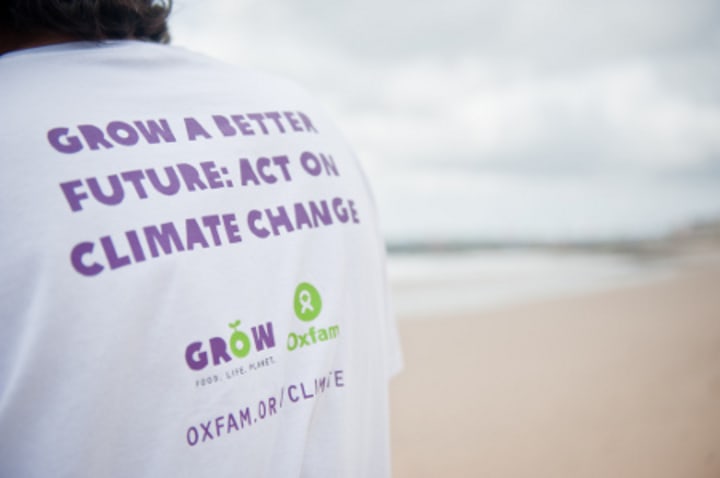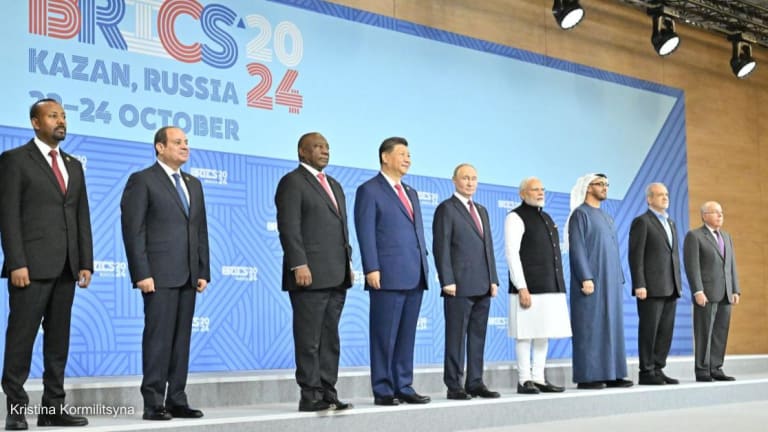
A number of issues haunt the Durban climate talks commencing today (Nov. 28), but many are hopeful it would produce results — no matter how incremental.
With the Kyoto protocol nearing expiration, climate change advocates and negotiators are expecting a new treaty or an extension of the protocol will be made at the conference. They are also hoping for new commitments, including pushing the Green Climate Fund forward. This new fund is reportedly being blocked by the United States and Saudi Arabia.
“I hope that all members of the international community agree on a responsible and credible response to this worrisome and complex phenomenon, taking into account the needs of the poorest and future generations,” said Pope Benedict XVI, dubbed as the “green pope,” during his traditional Sunday blessing.
Chief American climate negotiator Todd Stern, meanwhile, said he is “pretty confident that we’re going to be able to work these things out,” The Associated Press reports.
The Kyoto protocol called for 37 wealthy nations — excluding the United States — to reduce their carbon emissions 5 percent below the 1990 levels by 2012 and to assist developing nations adapt to a cleaner energy path. But with the protocol drawing to an end, industrialized nations are becoming more adamant against signing a new climate deal. One of the reasons being the “unbalanced requirements” upon which only major industrialized nations such as Japan, Canada and Russia are required to meet carbon emission targets, while emerging economic economies, including China, India, Brazil and South Africa, have no such mandates.
Jennifer Morgan of the environmental think tank World Resources Institute in Washington, D.C., said in a report from USA Today that results from the Durban climate talks are important, even if the outcome is limited to an agreement on carbon credits or rules on emission cuts rather than “a grand bargain on emissions cuts that many observers are still hoping for between China and the U.S., the largest emitters of fossil fuel-produced greenhouse gases.”
Read more:
Read more development aid news online, and subscribe to The Development Newswire to receive top international development headlines from the world’s leading donors, news sources and opinion leaders — emailed to you FREE every business day.




